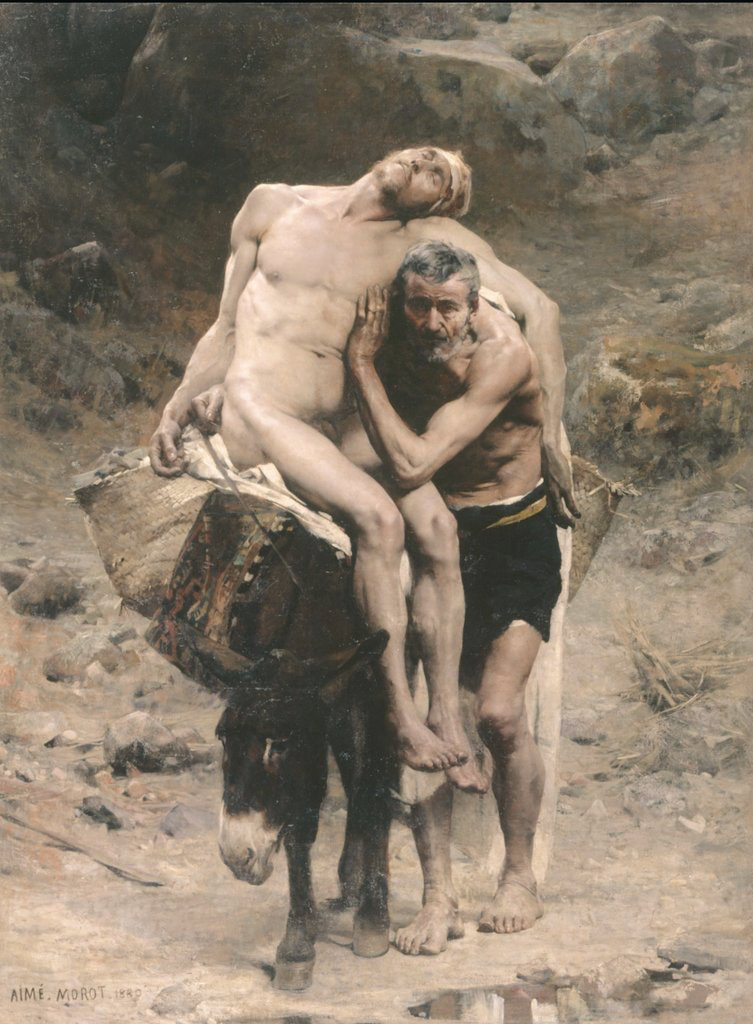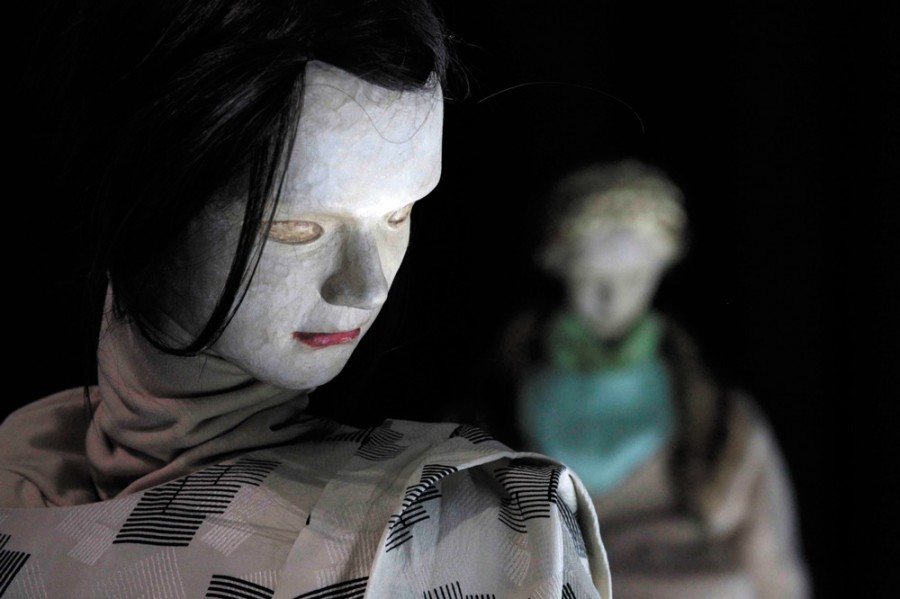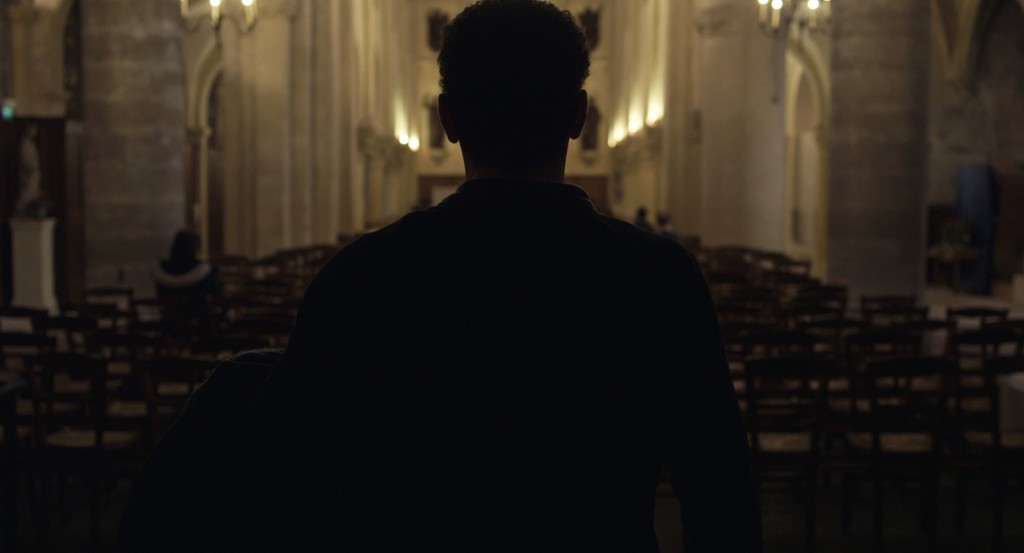Following the article, Why this hatred of authority? I received many reactions. The first was to confuse, or ask myself not to confuse, power and authority. Here, we can see one thing: many people on social networks still agree with this difference. It even marks for them a border that they decree insurmountable, even if few of them venture to explain the difference between power and authority. And, as the article was partly dedicated to highlighting this difference, perhaps not as we are used to doing, it shocked and provoked questions. In many discussions on X, the comments thought that this article defended Emmanuel Macron! That’s how you read diagonally on the Internet! But let us understand that the President of the Republic embodies for many French people an authoritarian form of power.
Thus, there was this intuition about obedience: “authority always inaugurates something new through the control that one can have over one's own passions. » In this sentence, it is possible to replace the word authority with dogma. I evaluate which of these two words is more frightening. The inversion of values and the meaning of words allows progressives to say almost anything and make it... a dogma. The progressive only feeds on “ideas in the air” according to the formidable formula of Claude Tresmontant. If I had to explain this formula a little, I would say that the progressive is rooted in his own thinking. He evolves his thinking to make it evolve first of all, the progressive is made to do, not obeying any authority, he flees the depression and solitude that produces in him a thought only turned towards oneself. From then on, he draws on his latest whims to build new ones. Do we not see the connection that exists between Wokism and the undermining work that has been done for decades in France against what has been called, while distorting it, the national novel? Those who would have been the left-wing supporters of Joan of Arc at the beginning of the 20th century are today her detractors and claim that she did not exist! This shows how progressivism is a machine that goes wrong on its own, believing itself to be correcting itself, it only accentuates its headlong flight. Progressives and the left in general are the true reactionaries of our time and are becoming more and more so, forced as they are to flee, because they are incapable of declaring their wrongs and errors. They are wrong and they deceive. They only react to events without ever practicing the slightest empiricism, because they inhabit the future (I say the future, not the future, because there is no future without a past, when the future represents a goal to reach which always escapes).
Authority ushers in something completely different. It suggests leaning on the past to define or redefine what we can imagine happening. Above all, it is not a question of absolutism, but rather of conservatism. This is also why there are so few theses on conservatism. There is a lot written about how to keep, how to save, how to promote, but less often how to get a vision from it. The conservative has continually left this place to the progressive who delights in it, even though he has nothing serious to do there. What reasonable person would have proposed transforming our aging and bankrupt democracy, living on life support, into a political system for the defense of minorities? I do not deny the protection of the weak, I deny that this becomes the only motive for political actions. Especially since the weakness of the progressive is hidden under a nauseating ideological cloak. In fact, it contains a right of inventory of the weak. There are weak and weak. However, politics mixes very badly with sentimentalism and our democracy is entangled with it. The conservative ignores detailing his action, building a grand plan and making it popular. Because he is looked down upon by progressive moralists who constantly imprison him with a moral screed that is based on sentimental judgment. Suspending this diktat would force us to accept the authoritarian label, but this time this label would no longer be given by the people as in the case of Emmanuel Macron - because the people recognize legitimate authority -, but by the press and the progressive intelligentsia. Who would complain about that?
Ernst Jünger in Héliopolis dreamed of a kind of state beyond the policy led by the "Regent". There is no regent in our modern world, just two camps that stretch without ever thinking that they can bring something to each other. This antagonism is increasingly visible on all floors of society. It indicates a loss of common taste, a lack of growing culture, and an atrophied language which, is reduced to its simplest expression - at least, to its simplest utility, like the American language. The American does the French what he did to English, he exhausts him -, no longer knows how to express the nuances that dialogue requires. We label and classify everyone according to what he thinks or believes or vote. The discussion becomes a waste of time, and as participants lack any meaning, dialogue cannot acquire it. There is a inevitable in progress, a way of destiny.
Destiny seduces and bewitches men when they no longer believe in freedom. The West no longer believes in freedom, because it no longer believes in God. Our civilization has known over the ages to weave remarkable links that have become inextricable with freedom; pulling on a thread that sticks out amounts to destroying our world. The inheritance refuses the right of inventory.






